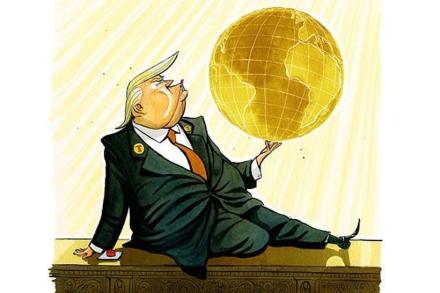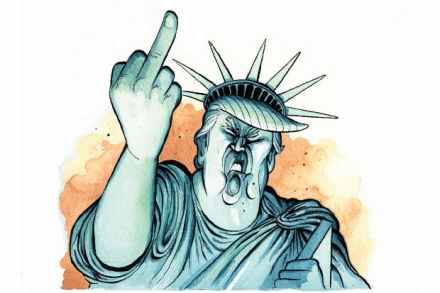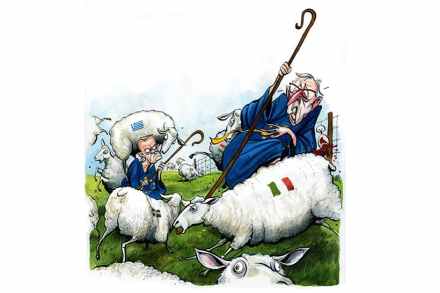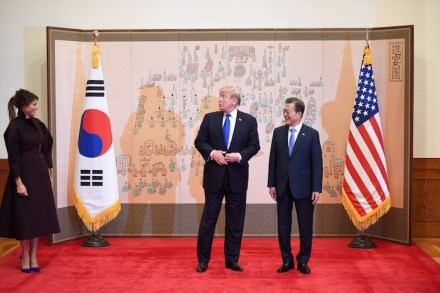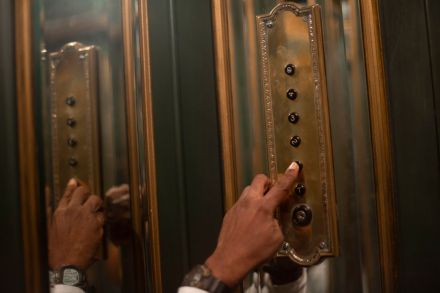Why I won’t appear on the Guardian’s anti-Trump panel
Should I help the Guardian to make money? The question arises because the paper’s emissaries have been badgering me to agree to appear on their platform later this month. In itself this is a strange thing. I’m all for ecumenicalism, but the Guardian would seem to be the worst possible platform. My own experience of the paper is not only that it has the most flagrant bias of any UK publication, but that when it is caught in an error it is the most reluctant to publish corrections, apologies or retractions. Indeed, experience shows that the paper is more unwilling than President Trump to admit it has ever got anything










